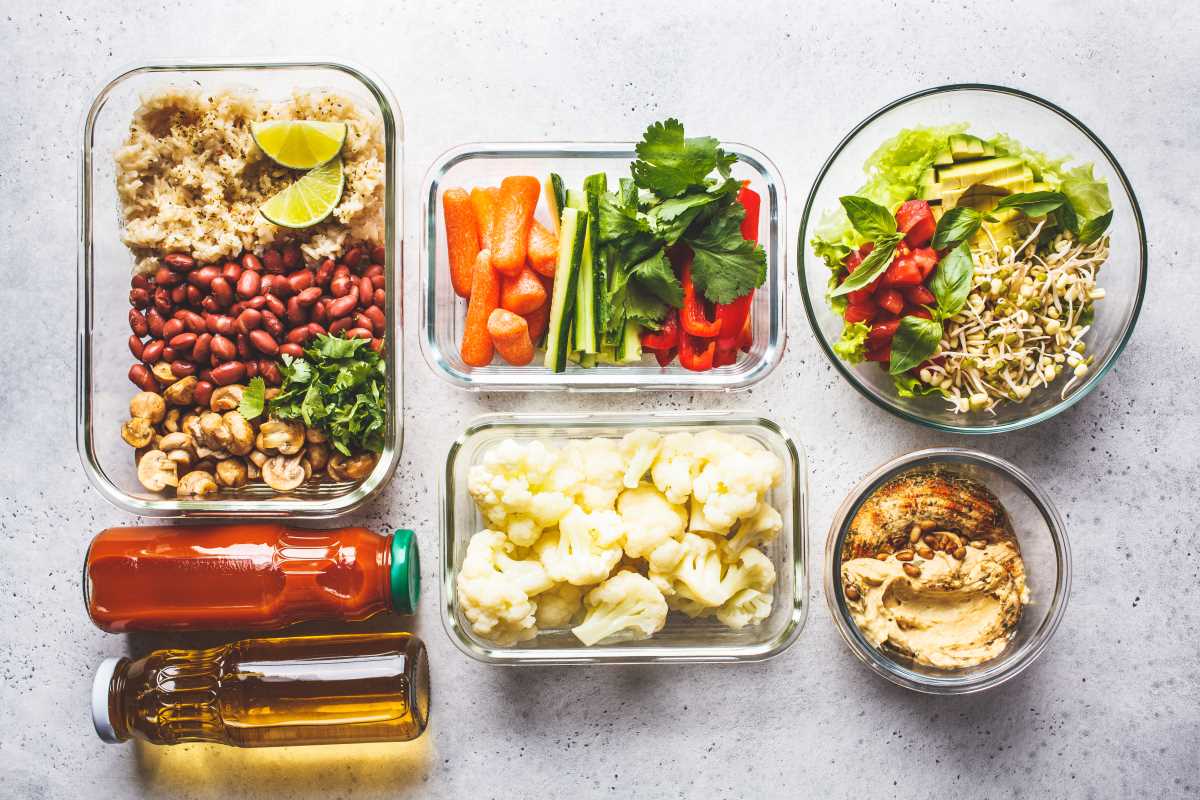Jumping into high-intensity interval training (HIIT) can be both exhilarating and challenging. Many people turn to HIIT for its efficiency and powerful fitness results, but to truly benefit from this workout style, attention must be given not just to the training itself, but also to what fuels and restores the body around it. HIIT places significant demands on the muscles and cardiovascular system, meaning your body needs proper nutrition to meet these demands and recover afterward. The right nutritional approach doesn’t just support performance during each session—it plays a critical role in long-term progress, muscle development, energy levels, and overall well-being. Without balanced fuel, even the most well-structured HIIT routines can lead to fatigue, poor recovery, or plateaued results. By understanding how different nutrients support specific aspects of high-intensity training, you can develop a fueling strategy that fits your goals. Whether you're aiming to improve endurance, lose weight, or increase strength, what you eat can make a noticeable difference in how you feel and perform.
Understanding High-Intensity Interval Training
HIIT is a training technique that alternates short bursts of intense exercise with periods of rest or lower-intensity exercise. This approach not only burns a significant amount of calories in a short time but also improves cardiovascular health, builds muscle, and increases overall endurance. The versatile nature of HIIT makes it suitable for various fitness levels and goals, from weight loss to athletic performance enhancement.
During a HIIT session, your body undergoes rapid changes. The intense intervals push your muscles and cardiovascular system to their limits, while the rest periods allow for partial recovery. This cycle of stress and recovery helps your body adapt to handle more intense physical demands, leading to improved fitness over time.
The Role of Nutrition in HIIT Success
Nutrition plays a pivotal role in maximizing the benefits of HIIT by providing the necessary fuel for performance and aiding in efficient recovery. Proper nutritional approaches can help you maintain energy levels, enhance muscle repair, and reduce fatigue, ensuring that each session is as effective as possible.
- Carbohydrates: They serve as the primary energy source during high-intensity workouts, helping to sustain performance levels.
- Protein: Essential for muscle repair and growth, protein supports recovery and helps prevent muscle soreness.
- Healthy Fats: They provide long-lasting energy and support overall cellular function.
- Vitamins and Minerals: These micronutrients are crucial for energy metabolism and maintaining electrolyte balance.
- Hydration: Adequate fluid intake is vital for maintaining performance and preventing dehydration.
Pre-Workout Nutrition Tips
Your food choices before a HIIT session can significantly impact your performance. Consuming the right foods provides the necessary energy and prepares your body for the intense workout ahead.
- Oatmeal with Fruits: A balanced mix of complex carbs and natural sugars offers sustained energy.
- Greek Yogurt and Honey: This combination provides protein and quick-digesting carbohydrates.
- Bananas: Rich in potassium, bananas help in preventing muscle cramps and provide a quick energy boost.
- Whole-Grain Toast with Peanut Butter: Offers a good balance of carbohydrates and healthy fats for lasting energy.
- Smoothies: Blend fruits, vegetables, and a protein source for a nutrient-packed pre-workout drink.
Post-Workout Recovery Approaches
Recovery after a HIIT session is just as important as the workout itself. Proper nutrition helps replenish energy stores, repair muscles, and reduce inflammation.
- Protein Shakes: Quickly deliver protein to muscles for repair and growth.
- Chocolate Milk: Provides an optimal ratio of carbohydrates to protein for recovery.
- Quinoa Salad: A nutrient-dense option that offers both protein and complex carbohydrates.
- Leafy Greens and Lean Proteins: Support muscle recovery and replenish essential nutrients.
- Water and Electrolyte Drinks: Restore hydration levels and maintain electrolyte balance.
Common Mistakes to Avoid
Even with the best intentions, it's easy to make mistakes that can hinder your HIIT progress. Being aware of these common pitfalls helps you stay on the right track towards your fitness goals.
- Skipping Meals: Missing out on essential nutrients can lead to decreased performance and increased fatigue.
- Overeating: Consuming too many calories can negate the calorie-burning benefits of HIIT and lead to unwanted weight gain.
- Ignoring Hydration: Dehydration can impair performance and delay recovery, making it crucial to stay adequately hydrated.
- Neglecting Protein Intake: Without sufficient protein, muscle repair and growth can be compromised, slowing down progress.
- Not Timing Your Nutrition: Eating too far before or after your workout can affect energy levels and recovery effectiveness.
The right nutrition plan supports every phase of HIIT—from energy output to recovery—helping you train harder, recover faster, and see better results.
 (Image via
(Image via





